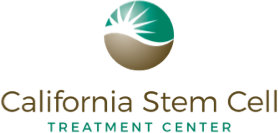California Stem Cell Treatment Center
Harnessing cellular technology to improve the body’s ability to heal itself
Giving Our Patients the Gift of Healing Without Invasive Surgery
Over 15,000+ Stem Cell Procedures & Outcomes Backed by Patient Reported Data
We have proudly been studying and providing safe, ethical, autologous (your own DNA) personal cell therapy to help people suffering from a variety of autoimmune conditions, degenerative diseases, and chronic pain for well over a decade.
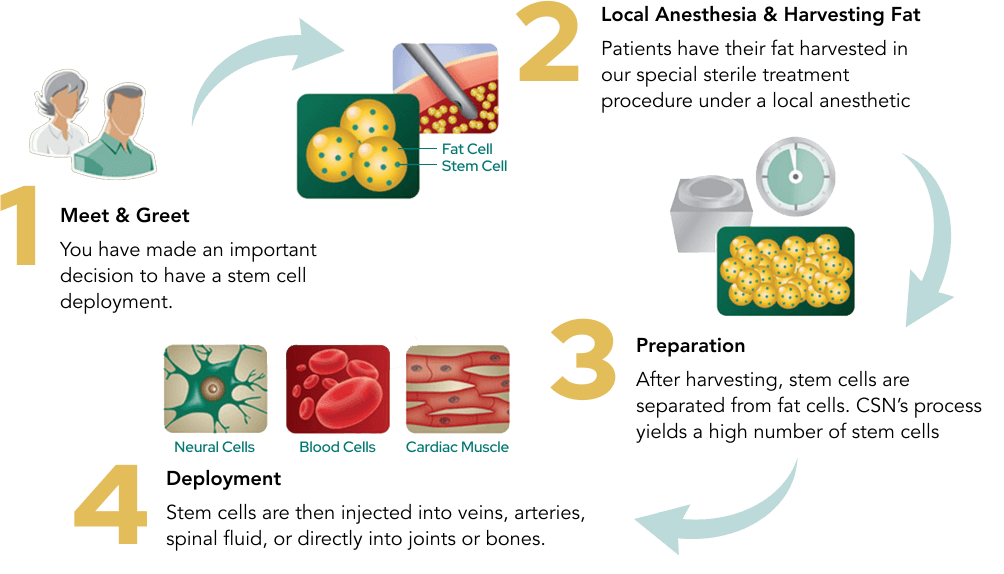
Home of Personal Cell Therapy
Over 15,000+ Stem Cell Procedures & Outcomes Backed by Patient Reported Data
We have proudly been studying and providing safe, ethical, autologous (your own DNA) personal cell therapy to help people suffering from a variety of autoimmune conditions, degenerative diseases, and chronic pain for well over a decade.
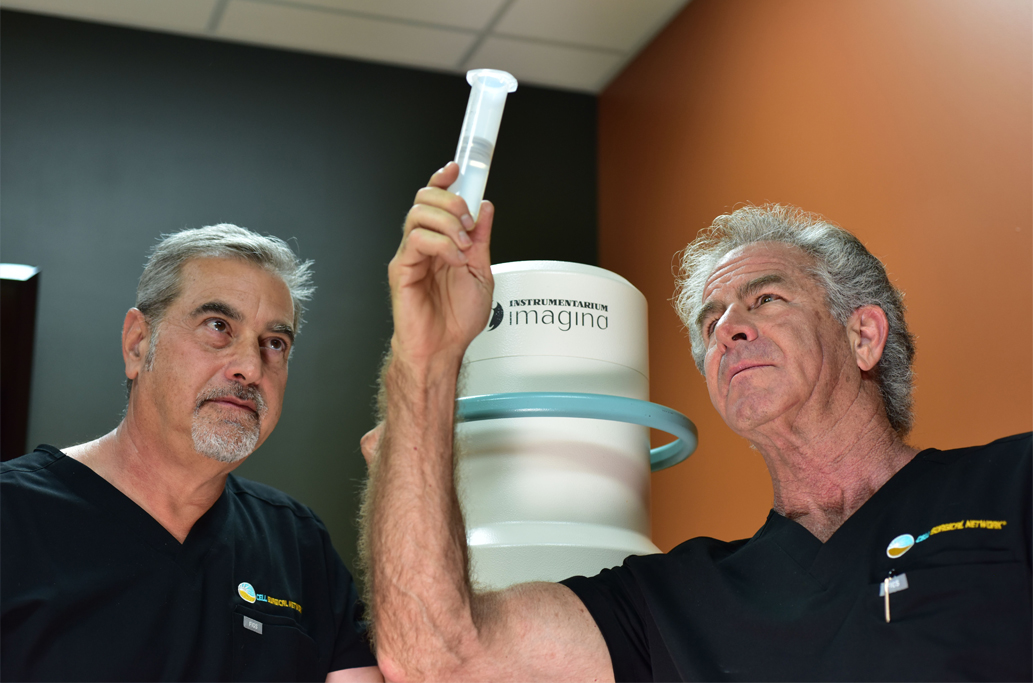
Is Personal Cell Therapy Right for You?
At the California Stem Cell Treatment Center, we work with a multidisciplinary team of physicians to provide the most advanced regenerative techniques relying on the use of our patients’ own personal cells from their own body and no other source.
The California Stem Cell Treatment Center was founded in 2010 and its team of physicians have since been instrumental in advancing the field of regenerative medicine and personal cell therapy.
Relying on our patients’ own personal cells, especially those derived from their adipose (fat tissue), we have taken care of thousands of patients, all while collecting valuable long term follow up data to best evaluate these cutting edge techniques.
Transparency in Medicine | Data-Driven Stem Cell Therapy
Hear from founder Mark Berman and Elliot Lander, who have tracked and followed over 10,000+patients, every 3 months for 5 years.
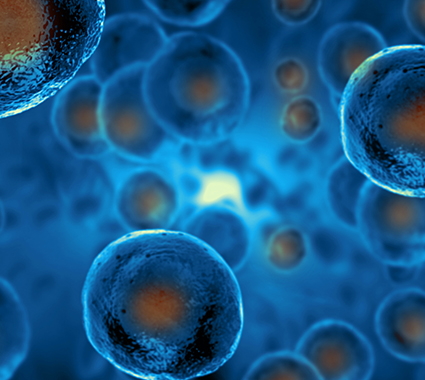
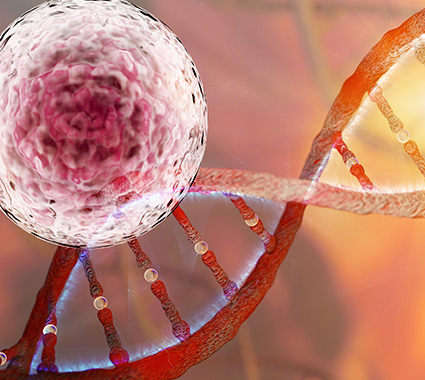
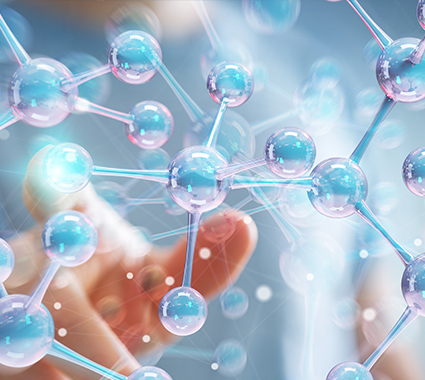
Why Personal Cell Therapy with Adipose-Derived Cells?
Personal cell therapy refers to using your own stem cells with your own DNA. This mitigates the risk of any kind of long-term fallout from using allogeneic stem cells (those from another donor).
Breakthrough Stem Cell Technology
Cell therapy around the world is shifting its focus from bone marrow based cells to adipose (fat) derived cells since the cells are easy to obtain and generally very robust.
Treatment
Process
Personal cell therapy refers to using your own stem cells with your own DNA. This mitigates the risk of any kind of long-term fallout from using allogeneic stem cells (those from another donor).

Why Personal Cell Therapy with Adipose-Derived Cells?
Personal cell therapy refers to using your own stem cells with your own DNA. This mitigates the risk of any kind of long-term fallout from using allogeneic stem cells (those from another donor).

Breakthrough Stem Cell Technology
Cell therapy around the world is shifting its focus from bone marrow based cells to adipose (fat) derived cells since the cells are easy to obtain and generally very robust.

Treatment
Process
Personal cell therapy refers to using your own stem cells with your own DNA. This mitigates the risk of any kind of long-term fallout from using allogeneic stem cells (those from another donor).
Orthopedics Neurology Urology Pulmonary
Currently Studying Stem Cell Therapy in Beverly Hills and Rancho Mirage
At California Stem Cell Treatment Center, we are studying numerous cellular degenerative conditions ranging from knee, hip and back arthritis, autoimmune and neurological conditions.
Our patients are enrolled in a number of institutional review board approved investigational studies and are carefully monitored after their procedures, helping us advance personal cell therapy and providing the informed decision making for our patients.

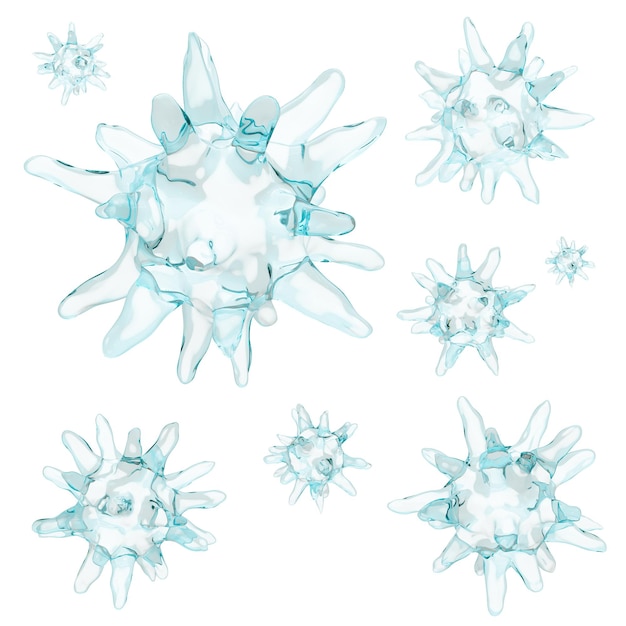
Frequently Asked Questions
What is a stem cell?
A stem cell is basically any cell that can replicate and differentiate. This means the cell can not only multiply, it can turn into different types of tissues. There are different kinds of stem cells. Most people are familiar with or have heard the term “embryonic stem cell.” These are cells from the embryonic stage that have yet to differentiate – as such, they can change into any body part at all. These are then called “pluri-potential” cells. Because they are taken from unborn or unwanted embryos, there has been considerable controversy surrounding their use. Also, while they have been used in some areas of medicine – particularly, outside the United States – they have also been associated with occasional tumor (teratoma) formations. There is work being conducted by several companies to isolate particular lines of embryonic stem cells for future use.
Another kind of stem cell is the “adult stem cell.” This is a stem cell that already resides in one’s body within different tissues. In recent times, much work has been done isolating bone-marrow derived stem cells. These are also known as “mesenchymal stem cells” because they come from the mesodermal section of your body. They have been shown to differentiate into bone and cartilage, and almost all other mesodermal elements, such as fat, connective tissue, blood vessels, muscle and nerve tissue. Bone marrow stem cells can be extracted and because they are low in numbers, they are usually cultured in order to multiply their numbers for future use. As it turns out, fat is also loaded with mesenchymal stem cells. In fact, it has hundreds if not thousands of times more stem cells compared to bone marrow. Today, we actually have tools that allow us to separate the stem cells from fat. Because most people have adequate fat supplies and the numbers of stem cells are so great, there is no need to culture the cells over a period of days and they can be used right away.
How do adult stem cells heal?
These adult stem cells are known as “progenitor” cells. This means they remain dormant (do nothing) unless they witness some level of tissue injury. It’s the tissue injury that turns them on. So, when a person has a degenerative type problem, the stem cells tend to go to that area of need and stimulate the healing process. Stem cells can promote healing by either directly differentiating into functional tissue, secreting cytokine signals to direct repair and regeneration of other cells, and even transfer their healthy mitochondria (energy producing organelle in all your cells) to aging dying cells in your body. Suffice it to say that there are multiple animal models and a plethora of human evidence that indicates these are significant reparative cells.
How is the fat obtained?
Patients have their fat (usually abdominal) harvested in our special sterile harvesting technology under a local anesthetic. The “mini liposuction” fat removal procedure lasts approximately twenty minutes. Specially designed equipment is used to harvest the fat cells and less than 100cc of fat is required. Post-operative discomfort is minimal and there is minimal restriction on activity.
Can stem cells cause cancer?
Adult mesenchymal stem cells are not known to cause cancer. Some patients have heard of stories of cancer caused by stem cells, but these are probably related to the use of embryonic cells (Not Adult Mesenchymal Cells). These embryonic tumors known as teratomas are rare but possible occurrences when embryonic cells are used.
